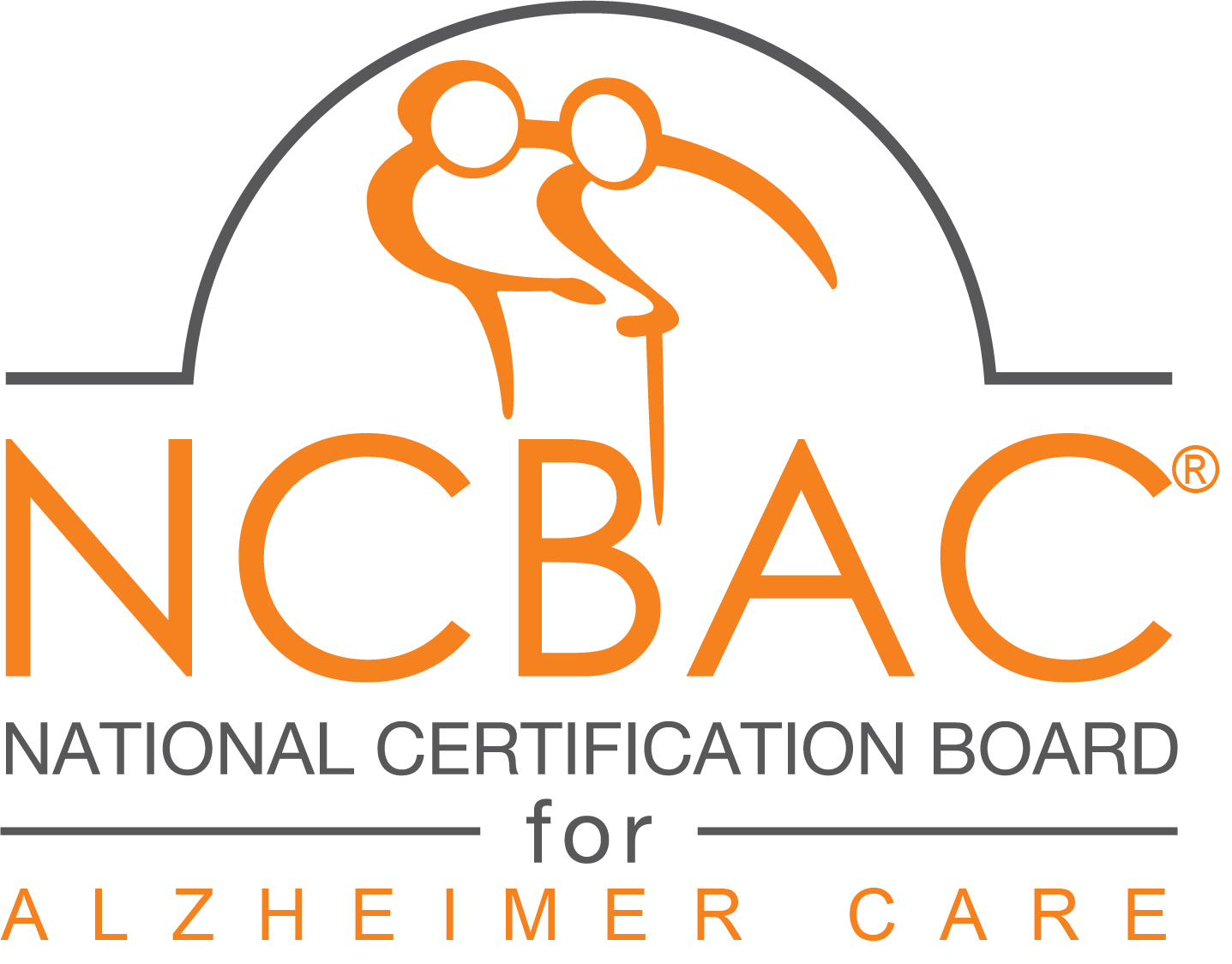How do you stop Alzheimer’s disease without a simple way to diagnose it? It’s a real chicken and egg problem, as I wrote last year on TGN. Discovering a treatment for Alzheimer’s requires lots of clinical trials for new drugs—but it’s difficult to enroll participants without a way to identify people who have the disease early enough for potential treatments to work.
Right now, the best way to diagnose the disease is through a spinal tap or a brain scan. The problem is that the former is invasive and the latter is expensive. Plus, many patients don’t get these tests until they start showing signs of cognitive decline, which means the disease may already be pretty advanced. It’s hard to overstate how important finding a reliable, affordable, and easy-to-use diagnostic is for stopping Alzheimer’s.
